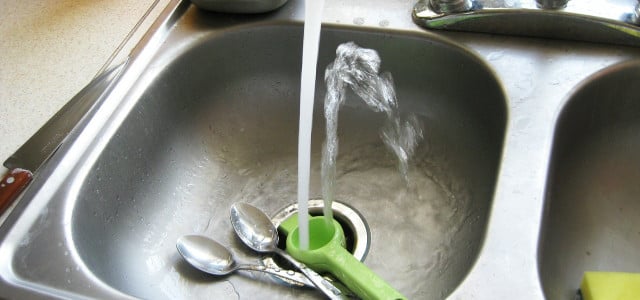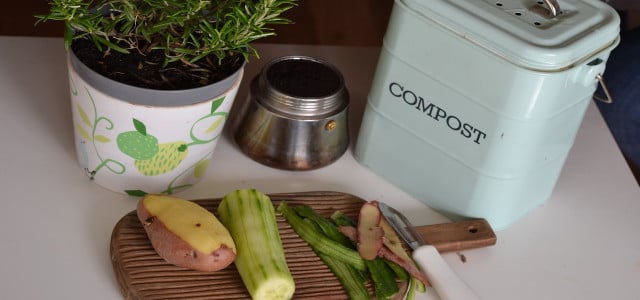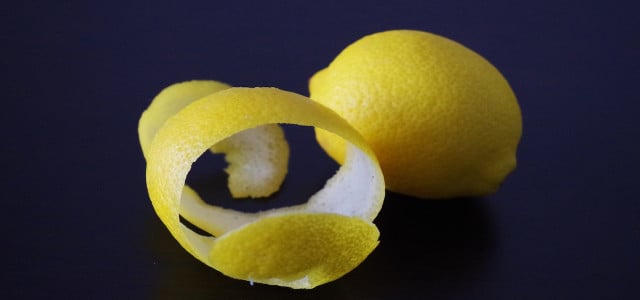Having a garbage disposal right beneath your sink can be an effective way to dispose of food scraps, but certain things don't belong. We'll show you what not to put in your garbage disposal.
Garbage disposals are an environmentally friendly way of breaking down small food items that can be flushed with waste. While it is important to dispose of food scraps properly, some items are too bulky or do not naturally decompose at the same rate as others, which could leave your disposal overpacked and ineffective. Find out what not to put in your garbage disposal and what to do instead.
What Not to Put in Your Garbage Disposal
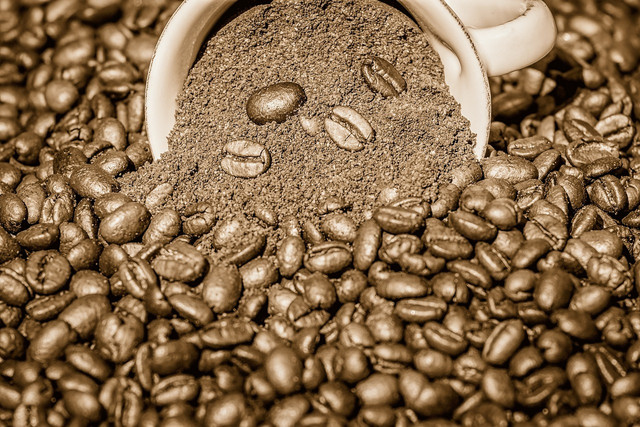
(Foto: CC0 / Pixabay / Couleur)
Garbage disposals can be a great tool if used effectively, however not everything belongs. The following items should not be put in your garbage disposal:
- Coffee grounds: these grounds should never go down your garbage disposal because they can turn into a paste inside the pipes. The paste will clog both the drain and pipe leading to water backup and other issues. Instead, reuse coffee grounds in other ways throughout your home and garden.
- Grease: grease or fat of any kind, although liquid when warm, turn into a solid mass as they cool which will clog your drain and pipes. Avoid putting oil down the garbage disposal, and learn how to dispose of cooking oil properly.
- Eggshells: eggshells should not be put down your garbage disposal because the inside of the shell contains a coating that can stop the blades from turning or block the pipes. Make eggshell fertiliser for your plants instead.
- Potato peels: because the peel of the potato is so thick, it may not necessarily get properly chopped by the blades of the disposal and could cause a blockage in the pipes. You can make mashed potatoes with skins, or use the peels to make delicious potato peel chips.
- Onion skins: these should also not be put down the drain as they are too thick to be properly minced, contain a coating that can make them go through the blades whole, and can ultimately cause a blockage. You can put onion skins back to use in plenty of ways, including as a dye or a flavor enhancer.
- Bones and shells: shells and bones are far too dense for the blades of the disposal to properly break them down, and with time the bones could end up blocking the pipes. Learn how to dispose of meat scraps and bones instead.
- Water expandable items: items such as oatmeal or pasta that expand once wet are no gos for the disposal. Even if they are dry when they go down, the water inside the pipes will cause them to expand and you will be stuck with a clog.
- Fibrous fruits and vegetables: vegetables such as celery, artichokes, asparagus, or corn husks that have long stringy stalks should not go down the disposal. Banana peels, pumpkin, and rhubarb are also very fibrous, so these fruits should not go down the disposal. Compost these so as to not block the drain or the pipes. Tip: Banana Peel Uses: Why You Shouldn’t Throw Them Away
- Pits: fruits that have pits, such as peaches or avocados, should not be put into the disposal. The pits can stop the blades and motor from working as they are too dense to be chopped properly.
- Nuts: large handfuls of nuts should never be dropped down the disposal. When making homemade peanut butter, the nuts are ground using blades similar to the blades in your garbage disposal. That means that the accidental nut butter will form a sticky paste that can block your disposal and pipes.
What Can Go Down the Disposal?
Certain things like smaller food items that are easy to break down can go down the garbage disposal. For example:
- Cooked meat scraps
- Most fruits and vegetables
- Wet pet food
- Liquids
- Ice cubes
- Soft foods like yogurt, applesauce, or soup
Caring for Your Garbage Disposal
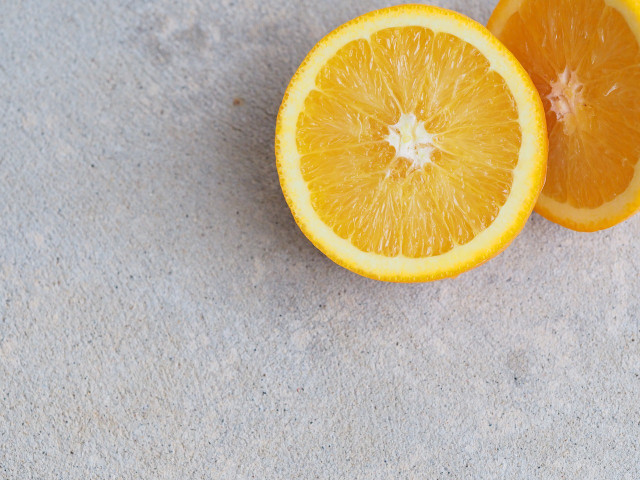


(Foto: CC0 / Pixabay / JessBaileyDesign)
There are other tips for caring for your garbage disposal aside from learning what not to put in your garbage disposal, such as:
- Use cool water: when running the disposal, it’s best to use cool or cold running water. The water helps to keep the blades moving, which helps keeps things moving. If you don’t use water while it’s running it might clog or block the sink.
- Ice cubes: ice cubes are an easy way to sharpen the blades of the disposal as well as to clean them. They will not block the blades as they are not dense enough to harm them.
- Citrus rinds: fruits like lemons, limes, or oranges can be helpful when both removing bad odors from the disposal and also break down the waste inside the pipes. However, you can reuse orange peels and lemon rind for other cleaning projects around the house.
- Biodegradable dish soap: even if you are careful with your disposal, food waste can still sometimes build up. Using homemade dish soap can help break down the grease, waste, and fat that are inside the pipes.
Read on:
- Can You Compost Bread? Tips for Composting Bread
- How to Compost in an Apartment: 4 Options & Tips
- Zero Waste Kitchen: 8 Steps to Producing Less Trash
Do you like this post?






